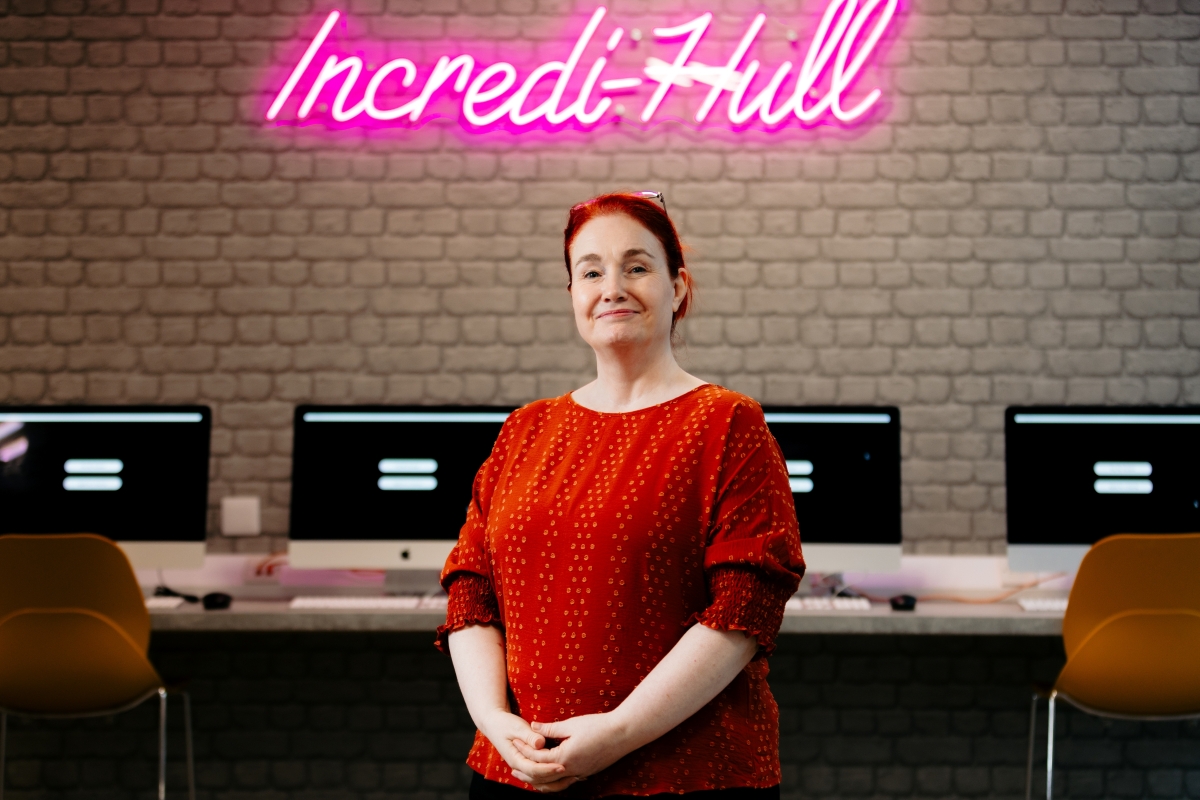Generation Teach: How We Attract the Next Generation of Academics

While universities across the UK are focused on widening access to students, to deliver the next generation of work-ready graduates we need to attract and retain academics and practitioners with a focus on teaching in a way that keeps students fully engaged.
Steve Clayton, Registrar and Chief Operating Officer at Arden University discusses attracting and retaining academics who are disenfranchised with higher education, by refocussing on academic and practitioner led curriculum.
The incessant demand for change
The modern-day university needs to be swift in its decision-making, and delivery of those decisions. The demands and needs of students, the constant development of the labour market and economy, as well as the dynamic nature of technology, means everything is changing and moving at a rapid rate.
Universities naturally need to be very focused on the demands of the economy and the jobs market, as well as being up to date in their industry knowledge by the use of industry practitioners, in order to give students the skills they need for employment.
Courses offered are naturally led by the interests and expertise of the lecturers, rather than the needs of the students or the recruitment needs of employers. Where courses are validated through the university’s Quality processes is the place to ensure practitioners and employers are involved in course development. But how does this impact the drivers of any educational institution: the teachers?
Disrupting higher education for future academics
There is a perception that universities are perceived as less prestigious if they do not have well-established research facilities. Whereas now, relying on the curriculum being solely led by the personal interest and research is potentially holding educational institutions back.
The push to alter this system is not just coming from the changes we are witnessing in the skill sets in demand; it is also coming from academics themselves. We are seeing more of the next generation of academics feeling disenfranchised with higher education due to the constraints and processes universities have developed over decades.
Knowing the gaps in the industry and what students need to know, yet not being able to teach them, is inherently frustrating for those teaching in the higher education system. In some extreme cases, when academics attempt to teach or communicate ideas or facts that are inconvenient to external political groups or authorities, they may find themselves ‘cancelled’ and, in extreme cases, no longer to teach at their institution.
At the root of it, however, is the inability to pass on knowledge and skills to the next generation. Some industries especially need practical, every day skills developed by the students to succeed professionally and, therefore, have little need for theoretics or dissertation research papers if the post-graduate job is outside of academia.
For our academics at Arden University, we seek to liberate, as academics not only have control over how the curriculum is led, but we can also stay attuned to changes needed to remain relevant and within industry standards.
This means our academics are finding out what resonates with our students – where the skills gaps lie and how to close them. Not only is it rewarding knowing they are solving the problems students are desperate to learn about and apply, but it also means they have the knowledge they need to succeed in their careers.
Paving the way for the next generation
When we allow teachers to put the pen down on their research paper and open up the chapter that allows them to teach a more personable curriculum with industry insight, it welcomes a more diverse range of teachers.
Higher education institutions are known for their history and prestige, and a lack of diversity remains stuck alongside these traditions. We should break the stereotypes of who lectures at the front of a room.
By being more flexible in who teaches and how they teach, and opening doors to industry-led experts, we welcome a diverse cohort of teachers who inspire others that come from the same or similar backgrounds. It begins discourse between students and teachers, allowing for a more personable education journey. It, again, enables academics to finally feel their purpose as teachers and feel their impact on the many students they teach.
By attracting academics with attuned teaching abilities, we can help deliver the right skills students need for their careers. To retain academics that are tired of the restraints higher education institutions place on them and to attract people into academia, we need to make the education journey more personable – not just for students, but for its teachers. By allowing more freedom over the curriculum to satisfy employers, students, and the regulator alike, while also staying up to date by being quick to adapt to the constant progression in society, academics can resurface their passion for teaching.












Responses